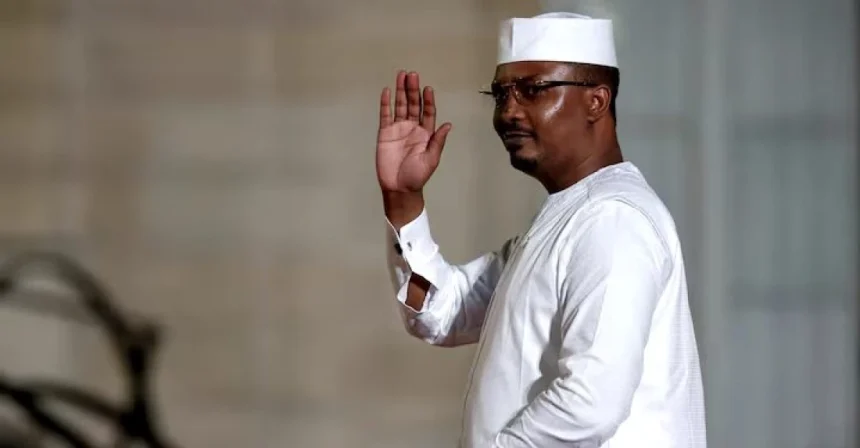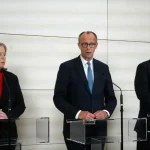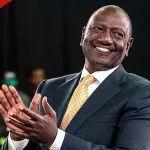In a devastating blow to political freedom, Chad’s transitional parliament has voted to adopt a constitution that grants the head of state unlimited power. The new text, which establishes a seven-year presidential term with no restrictions on re-election, effectively hands General Mahamat Idriss Déby the keys to rule Chad for the rest of his life, mirroring the 30-year reign of his father before him.
This is not just a political story; it is a story about the disenfranchisement of every Chadian citizen. The promise of a genuine transition after the elder Déby’s death was a flicker of hope for a more inclusive and accountable government. That hope has now been systematically dismantled through a political process controlled entirely by the very military junta that promised to relinquish power. The message to the opposition, civil society, and the average Chadian is clear: your vote no longer has the power to change your government.
What Life Under a “President-for-Life” Means for Chadians
The practical implications of this constitutional change are profound and grim:
-
The End of Accountability: When a leader never faces the prospect of leaving office through an election, the fundamental contract between the governed and the government breaks down. There is no electoral incentive to deliver on promises, fight corruption, or respond to the people’s needs.
-
A Crippled Opposition: How does a political opponent campaign against a ruler who controls the state’s resources, the security apparatus, and now, the very rules of the game? This move suffocates political competition and makes a mockery of multi-party democracy.
-
A Generation of Stagnation: With power permanently locked in the hands of one man and his inner circle, the potential for new ideas, generational change, and dynamic leadership is extinguished. The youth of Chad, who make up a vast majority of the population, are being told that their future is predetermined.
The international community may issue statements of “deep concern,” but the real resistance must come from within. This constitutional adoption is a call to action for Chad’s civil society, its youth, and all who believe that the legitimacy to lead must be earned from the people, not legislated for life in a parliament. The fight for a democratic Chad is now more critical than ever.










